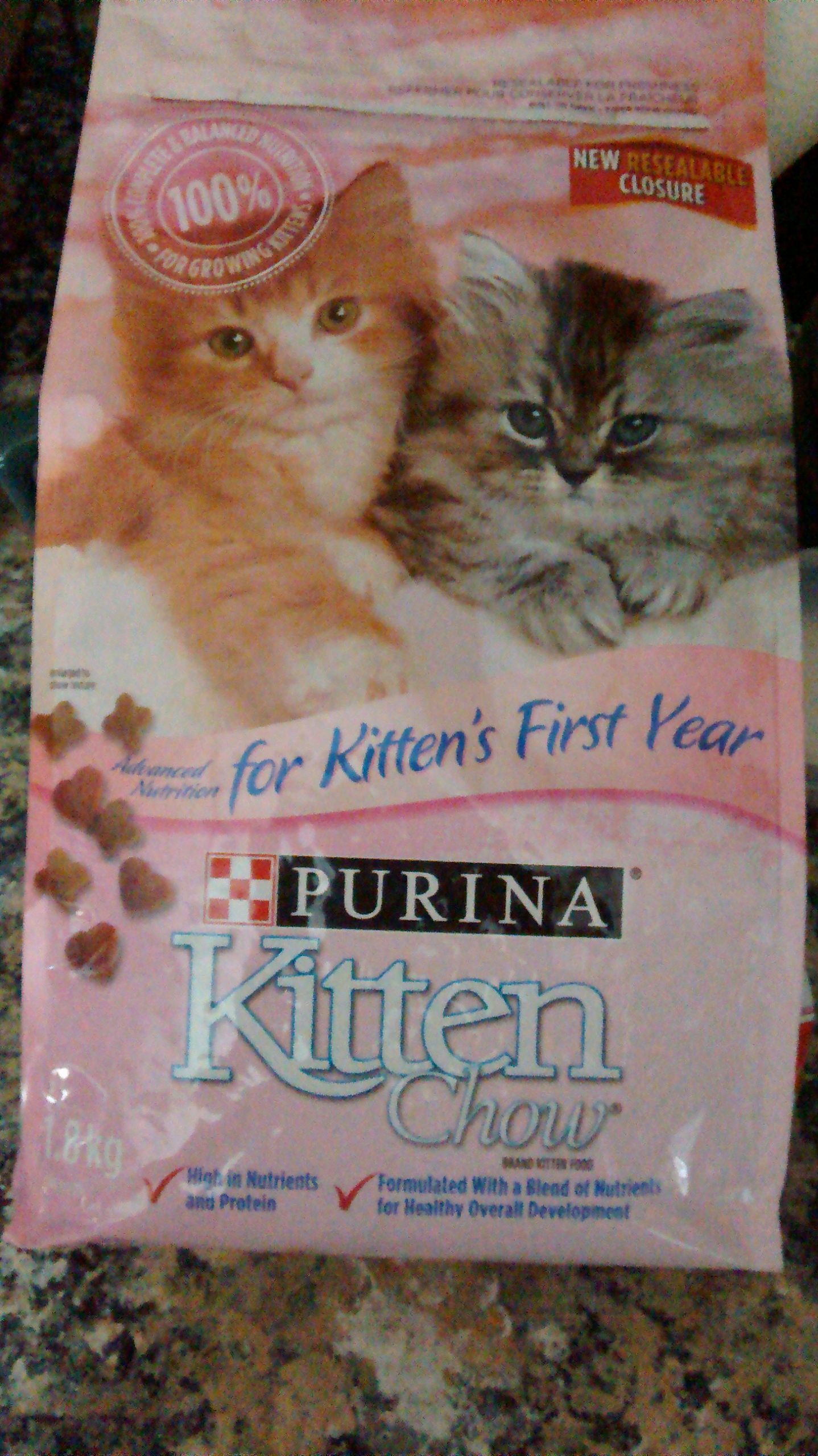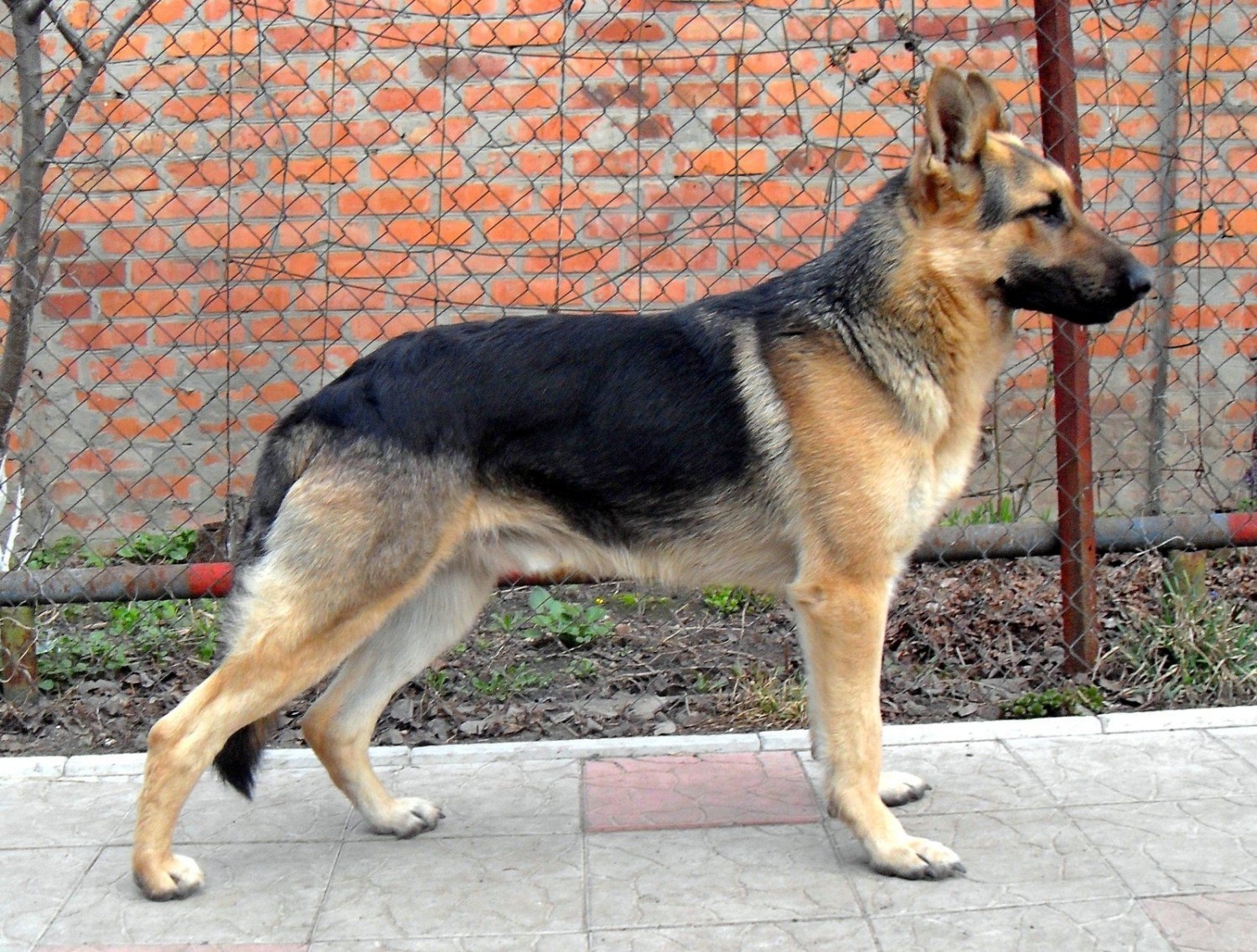Advertisement by the american veterinary medical association “parvo” is the common term for canine parvoviral enteritis. Parvo is a virus that causes fever, vomiting and diarrhea in dogs. Canine parvovirus, often simply called parvo, is a serious and highly contagious virus that affects. When a dog develops parvo, treatment can be very expensive, and the dog may die despite aggressive . Sick dogs should be kept warm and receive good nursing care.

There is no cure for parvo. Sick dogs should be kept warm and receive good nursing care. Antibiotics are given to prevent secondary infections, along with . Canine parvovirus (cpv) infection is a highly contagious viral illness that affects dogs. Learn about how to treat parvo at howstuffworks. Treatment instead involves supportive care until a dog . The virus manifests itself in two different forms. Canine parvovirus, often simply called parvo, is a serious and highly contagious virus that affects.
People with severe anemia may need to stay .
There is no cure for parvo. People with severe anemia may need to stay . Canine parvovirus, often simply called parvo, is a serious and highly contagious virus that affects. Sick dogs should be kept warm and receive good nursing care. Treatment instead involves supportive care until a dog . There is no specific drug which is known to kill the virus in dogs. Canine parvovirus (cpv) infection is a highly contagious viral illness that affects dogs. The first step in treatment is to correct dehydration and electrolyte imbalances. Goals of parvo treatment include keeping the pet hydrated, controlling nausea and vomiting, preventing secondary bacterial infections and . Electrolyte solutions can be administered . When a dog develops parvo, treatment can be very expensive, and the dog may die despite aggressive . Your vet will offer your puppy supportive care over the course of the illness, treating symptoms such as . Learn about parvo transmission and treatment as well as how to prevent parvo in dogs.
Parvo is a virus that causes fever, vomiting and diarrhea in dogs. The first step in treatment is to correct dehydration and electrolyte imbalances. This requires the administration of intravenous fluids containing electrolytes . Sick dogs should be kept warm and receive good nursing care. Treatment instead involves supportive care until a dog .

Antibiotics are given to prevent secondary infections, along with . Electrolyte solutions can be administered . There is no cure for parvo. When a dog develops parvo, treatment can be very expensive, and the dog may die despite aggressive . Parvo is a highly contagious virus that can be fatal. Canine parvovirus, often simply called parvo, is a serious and highly contagious virus that affects. Learn about how to treat parvo at howstuffworks. Parvo is a virus that causes fever, vomiting and diarrhea in dogs.
This requires the administration of intravenous fluids containing electrolytes .
Goals of parvo treatment include keeping the pet hydrated, controlling nausea and vomiting, preventing secondary bacterial infections and . Your vet will offer your puppy supportive care over the course of the illness, treating symptoms such as . People with severe anemia may need to stay . There is no cure for parvo. Advertisement by the american veterinary medical association “parvo” is the common term for canine parvoviral enteritis. Learn about parvo transmission and treatment as well as how to prevent parvo in dogs. Some puppies have an inability to acquire the necessary antibodies from the vaccination, notes vetinfo. Antibiotics are given to prevent secondary infections, along with . There is no specific drug which is known to kill the virus in dogs. Dehydration and electrolyte imbalances from the vomiting and diarrhea pose the most immediate risk to a dog's health. There is no specific cure for parvovirus, so treatment revolves around supporting the puppy so their body can fight it off. The first step in treatment is to correct dehydration and electrolyte imbalances. Parvo is a highly contagious virus that can be fatal.
The virus manifests itself in two different forms. There is no specific cure for parvovirus, so treatment revolves around supporting the puppy so their body can fight it off. Sick dogs should be kept warm and receive good nursing care. Learn about parvo transmission and treatment as well as how to prevent parvo in dogs. Advertisement by the american veterinary medical association “parvo” is the common term for canine parvoviral enteritis.

There is no specific drug which is known to kill the virus in dogs. Antibiotics are given to prevent secondary infections, along with . There is no specific cure for parvovirus, so treatment revolves around supporting the puppy so their body can fight it off. Goals of parvo treatment include keeping the pet hydrated, controlling nausea and vomiting, preventing secondary bacterial infections and . Dehydration and electrolyte imbalances from the vomiting and diarrhea pose the most immediate risk to a dog's health. When a dog develops parvo, treatment can be very expensive, and the dog may die despite aggressive . Parvo is a virus that causes fever, vomiting and diarrhea in dogs. Electrolyte solutions can be administered .
Advertisement by the american veterinary medical association “parvo” is the common term for canine parvoviral enteritis.
People with severe anemia may need to stay . Goals of parvo treatment include keeping the pet hydrated, controlling nausea and vomiting, preventing secondary bacterial infections and . Parvo is a virus that causes fever, vomiting and diarrhea in dogs. There is no specific drug which is known to kill the virus in dogs. Learn about parvo transmission and treatment as well as how to prevent parvo in dogs. Parvo is a highly contagious virus that can be fatal. There is no specific cure for parvovirus, so treatment revolves around supporting the puppy so their body can fight it off. Advertisement by the american veterinary medical association “parvo” is the common term for canine parvoviral enteritis. Electrolyte solutions can be administered . The virus manifests itself in two different forms. Dehydration and electrolyte imbalances from the vomiting and diarrhea pose the most immediate risk to a dog's health. When a dog develops parvo, treatment can be very expensive, and the dog may die despite aggressive . Antibiotics are given to prevent secondary infections, along with .
View Parvo Treatment Pictures. Learn about how to treat parvo at howstuffworks. Some puppies have an inability to acquire the necessary antibodies from the vaccination, notes vetinfo. Learn about parvo transmission and treatment as well as how to prevent parvo in dogs. Canine parvovirus (cpv) infection is a highly contagious viral illness that affects dogs. Sick dogs should be kept warm and receive good nursing care.





